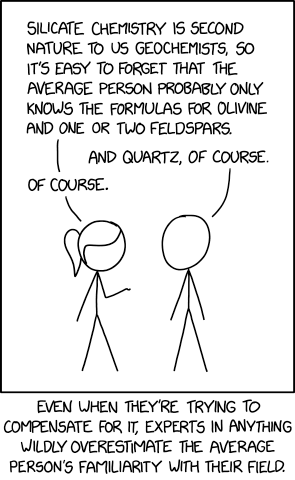

This is very true.
I was part of the OpenAssistant project, voluntarily submitting my personal writing to train open-source LLMs without having to steal data, in the hopes it would stop these companies from stealing people’s work and make “AI” less of a black box.
After thousands of people submitting millions of prompt-response pairs, and after some researchers said it was the highest quality natural language dataset they’d seen in a while, the base model was almost always incoherent. You only got a functioning model if you just used the data to fine-tune an existing larger model, Llama at the time.











To be fair, the SEC has only really gone after cryptocurrencies other than Bitcoin, which is the only major blockchain that uses the energy-intensive Proof-of-Work. The things the SEC was trying to regulate, that it considered securities, are almost entirely running on Proof-of-Stake networks, which have negligible relative energy consumption.
This will almost certainly have a lot of other negative impacts, but I doubt it will have that much on the climate.